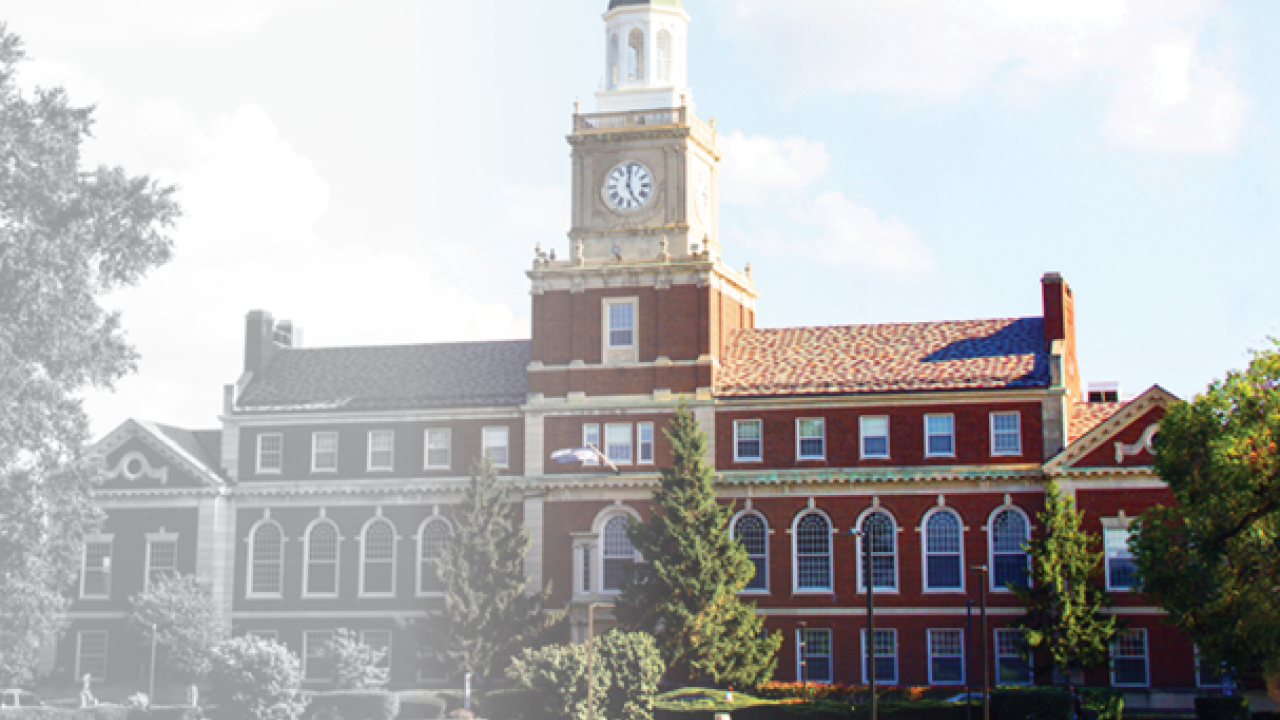A Clarion Call to Invest in Historically Black Colleges and Universities

Prior to the Civil War, the education of Black Americans was prohibited in most states and discouraged in others, leaving many Black communities without access to the educational resources to build quality lives, much less wealth. In 1837 Richard Humphreys established the African Institute, now Cheyney University, in Pennsylvania making it the oldest historically Black university in the United States. Most of our nation’s historically Black colleges and universities (HBCUs) were started by philanthropists and free Blacks as a way to offer the best, and often only, higher education experience for Black people. Over 185 years later, HBCUs continue to be the backbone of Black America.
As a proud alum of Howard University and Fisk University, I understand how critical HBCUs are in the professional and personal development of generations. HBCUs lead the nation in conferring bachelor’s degrees to Black graduates who ultimately earn doctorate degrees. We all know education is an important factor in stabilizing families and communities and setting the stage for generational wealth. Yet, there has been little research conducted into the private philanthropic support of HBCUs. This is why, today, in partnership with Candid, we are pleased to announce the launch of the most comprehensive report of its kind, Philanthropy and HBCUs: Foundation funding to historically Black colleges and universities.
To help introduce the importance of addressing the systematic funding disparities faced by HBCUs, as surfaced in the report, here are reflections on my experience as a proud HBCU alum.
After my high school graduation, I recall sitting on a neighborhood “stoop” one hot summer evening with a group of childhood friends; all of us were on our way to various colleges. We were so excited! One friend turned to me and asked where I was headed; I proudly shared, “Fisk University in Nashville, Tennessee.” She responded, “Hmm, I am going to Boston University. When I graduate and start interviewing for jobs, I can say to white interviewers that I had the same education as their daughters! Susan, you won’t be able to say that.” I didn’t expect this; it hurt me that night … had I made a big mistake?
It would take years for me to understand that her choice to go to a predominantly white institution (PWI), “just like the interviewer’s daughter,” really wouldn’t matter when it came to interviewing for jobs. Racism, employer bias, and work discrimination are well documented. After matriculating from Fisk to Howard University for graduate school many years later, I knew I had made the right decision! Not only did I have the good fortune to receive a world-class education, but my learning was steeped in the history and lived experience of Black people. It was the perfect combination to help this “average” high school student excel and graduate at the top of her class. My story isn’t unique.
As a proud alum of two historically Black colleges and universities (HBCUs), I know how important these institutions are to this nation. There was a time when HBCUs were the only option for Black students in higher education; I don’t have to go back too far in my lineage for that to be true. While this is no longer the case, these institutions continue to educate and prepare hundreds of thousands of students from all walks of life to contribute to America. But HBCUs are far more than just educational institutions. They are “anchor” institutions that also serve as economic engines for Black and low-income communities. For that reason, any foundation or donor focused on educational attainment, neighborhood and community development, and wealth building in these communities should leverage their work by partnering with an HBCU.
Despite the achievements of HBCUs, philanthropy funds these higher education institutions at significantly lower rates than comparable PWIs. This leaves HBCUs with less than adequate funding to support their operations, educational programs, infrastructure, and endowments.
This report serves as a clarion call to our sector to right the systemic philanthropic funding disparity facing HBCUs and to adequately invest in the future of these institutions.
To learn more, we invite you to read the full report, Philanthropy and HBCUs: Foundation funding to historically Black colleges and universities.
This blog includes a reprinted version of the foreword from the report.